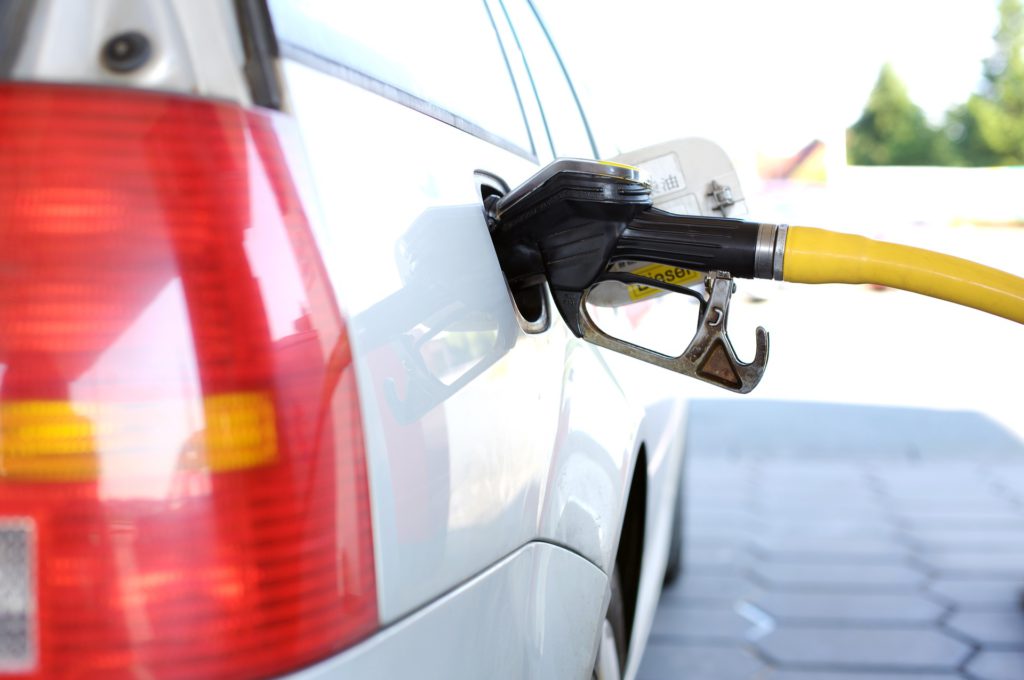Stuttgart considering diesel ban from January 2019
27 June 2018

27 June 2018
Stuttgart’s ruling coalition is aiming for the city’s first diesel driving ban from early 2019, with Euro 3 and Euro 4 vehicles being prevented from entering certain areas.
While no final decision has been made on implementation, an announcement is expected early next week, with the ruling parties in favour of restrictions. However, there are a number of unanswered questions surrounding the move, including whether Euro 5 diesels will be subject, as they are in Hamburg.
The ban is expected to affect around 214,000 vehicles, which is more than two-thirds of the total diesel cars registered in the city. They affect a section of about 580 metres on Max-Brauer-Allee, covering all diesel vehicles.
A section of about one mile on Stresemannstrasse will also face restrictions, but it will only apply to commercial vehicles weighing 3.5 tonnes or more.
The ban would be the second in the country, following Hamburg’s introduction of restrictions on certain streets. Nitrogen dioxide (NO2) levels in Hamburg regularly surpass the European Commission’s threshold of 40 micrograms per cubic metre. It is estimated that around 80 cities in Germany exceed NO2 levels regularly.
The Federal Administrative Court in Leipzig decided in February that driving bans are allowed in the state capital in principle, following legal action from Germany’s environmental lobby group the DUH.
Stuttgart has been mulling a diesel ban for over a year. In April 2017, the Green Party’s Minister President of Baden-WÜrttemberg, Winfried Kretschmann, has said in an interview with the newspaper Stuttgarter Zeitung that a proposed diesel driving ban in Stuttgart from 2018 was ‘not carved in stone.’ The retrofitting of older diesel cars to meet the Euro 6 emissions standard was seen as pivotal in the final decision on the proposals,
The DUH considers the complete retrofitting of all ten million diesel passenger cars of the Euro 5 and 6 emission levels with new catalysts to be indispensable. This would then allow them to be exempt from driving bans, should such hardware updates bring emissions in line with the latest regulations.
However, manufacturers are against hardware retrofits, as they cost more money through the recall and re-engineering phase. Instead, they are happier to promote software retrofits, a program that is already underway.
Stuttgart would be joined by Aachen in activating a ban in January. The regional court has ruled that authorities in the area must implement a diesel ban in the city by January 2019 to allow the city to comply with EU air quality rules.